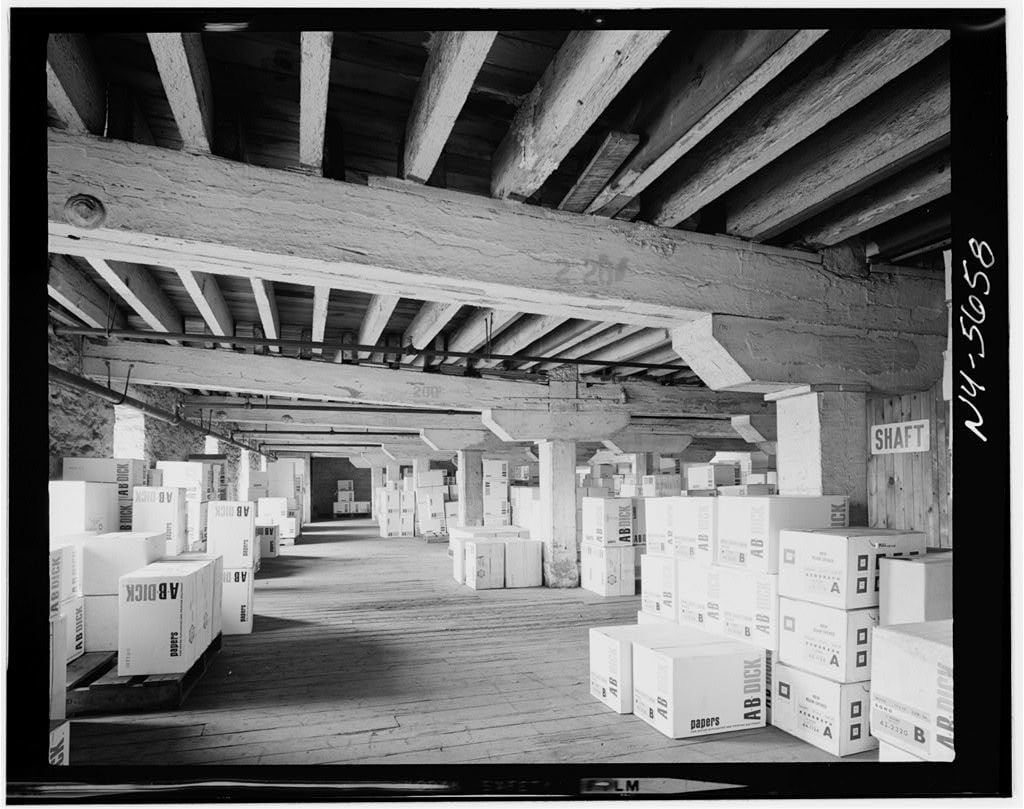Industry News
C-TPAT Members Get FTZ Benefit for Forced Labor Detentions
TweetSep. 19, 2024
By:
Hannah B. Kreinik
U.S. Customs and Border Protection (“CBP”) announced in a CSMS message that Customs-Trade Partnership Against Terrorism Trade Compliance (“C-TPAT”) members will now be permitted to store forced labor detained goods in foreign trade zones (“FTZ”). This announcement comes during an era of forced labor enforcement crackdown by CBP with constant compliance monitoring changes (see our latest article on the topic here).

This latest change represents a return to the past with respect to FTZ storage. In 2021 CBP was permitting storage of forced labor detentions in FTZs, whereas the agency excluded such storage in 2023. Now, the option for goods subject to forced labor detentions to utilize FTZ’s is back for C-TPAT members in good standing. In addition to being in good standing, C-TPAT members wishing to use the FTZ for forced labor detentions must report the FTZ operator and receive prior approval from the applicable Port Director for the location at issue. FTZ operators should have a FIRMS code, follow CBP regulations, and have a valid Type 4 bond. C-TPAT members currently storing forced labor detained goods in FTZs may continue to do so by filing an 06 entry. Finally, the CSMS message made clear that importers that are not C-TPAT members may only continue using bonded warehouses to store forced labor-detained goods by filing Type 21 entries. Other ACE and storage requirements should be reviewed in the CSMS message before using this option.
Importers need to be prepared that forced labor compliance and enforcement may change at any given moment. This announcement comes from a lengthy line of forced labor developments that do not seem to be stopping anytime soon. Sign up for our newsletter for the latest on forced labor and feel free to reach out to any of our Barnes, Richardson & Colburn attorneys for forced labor-related issues and compliance.
